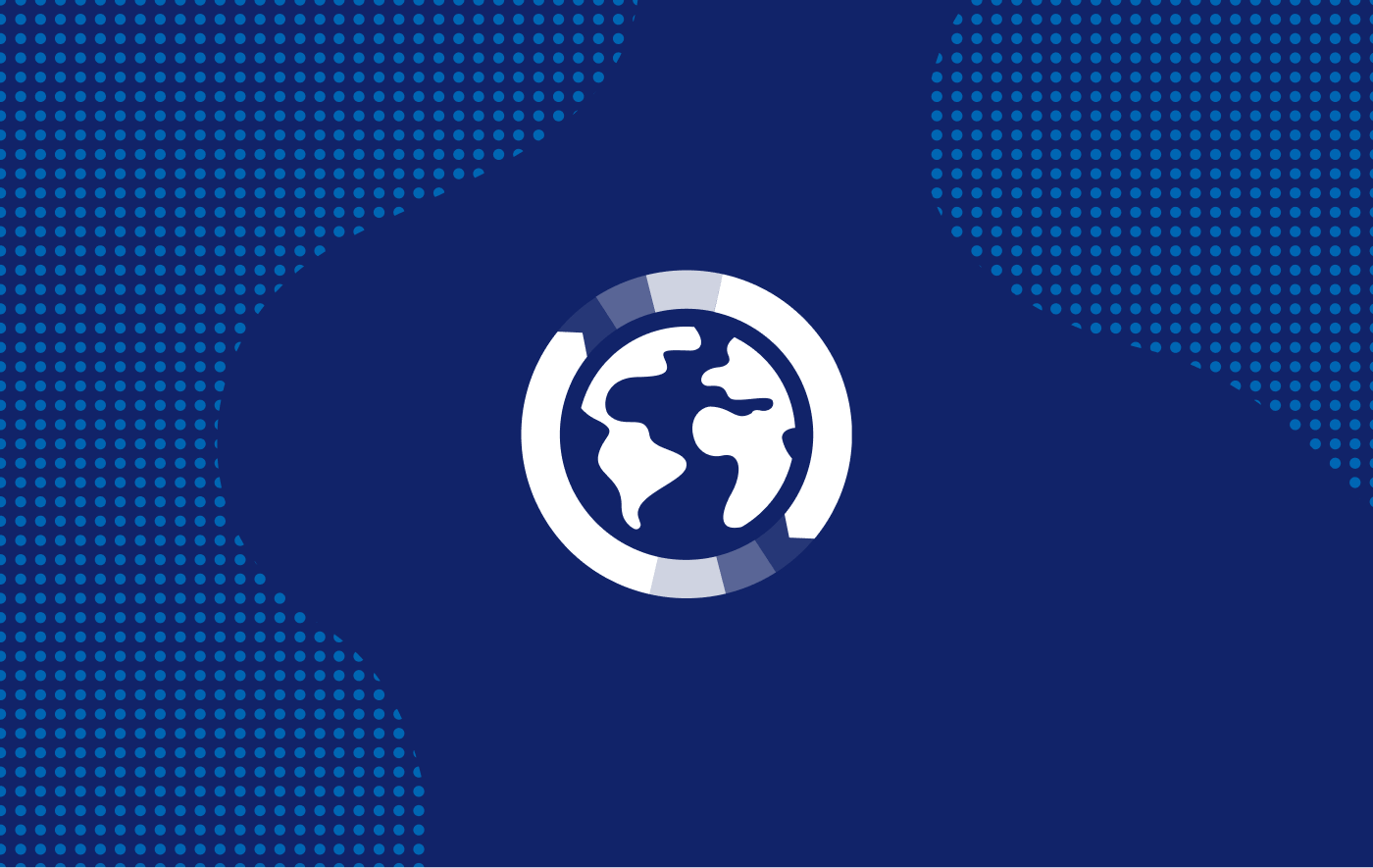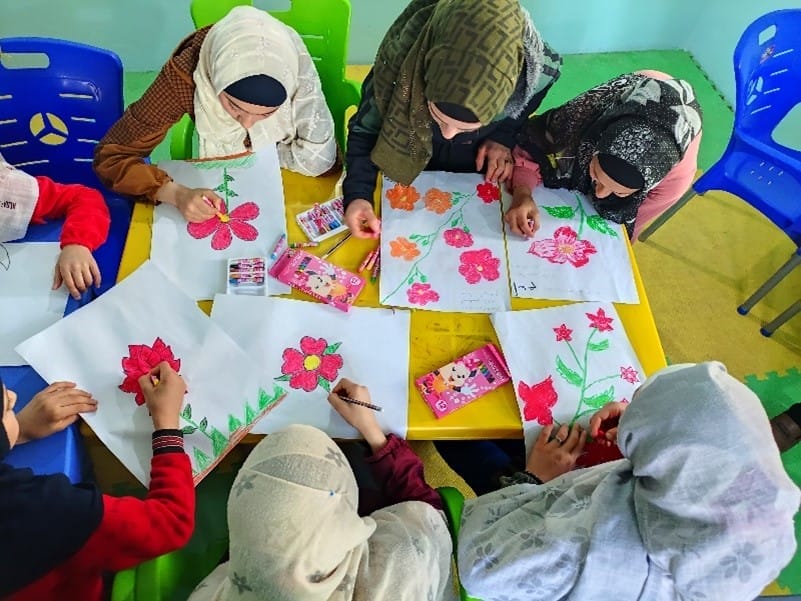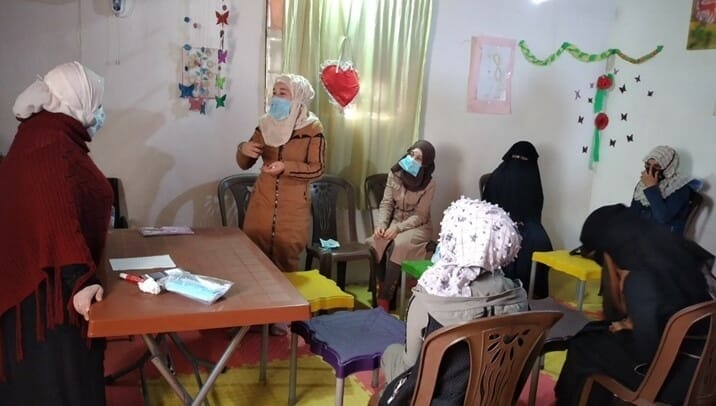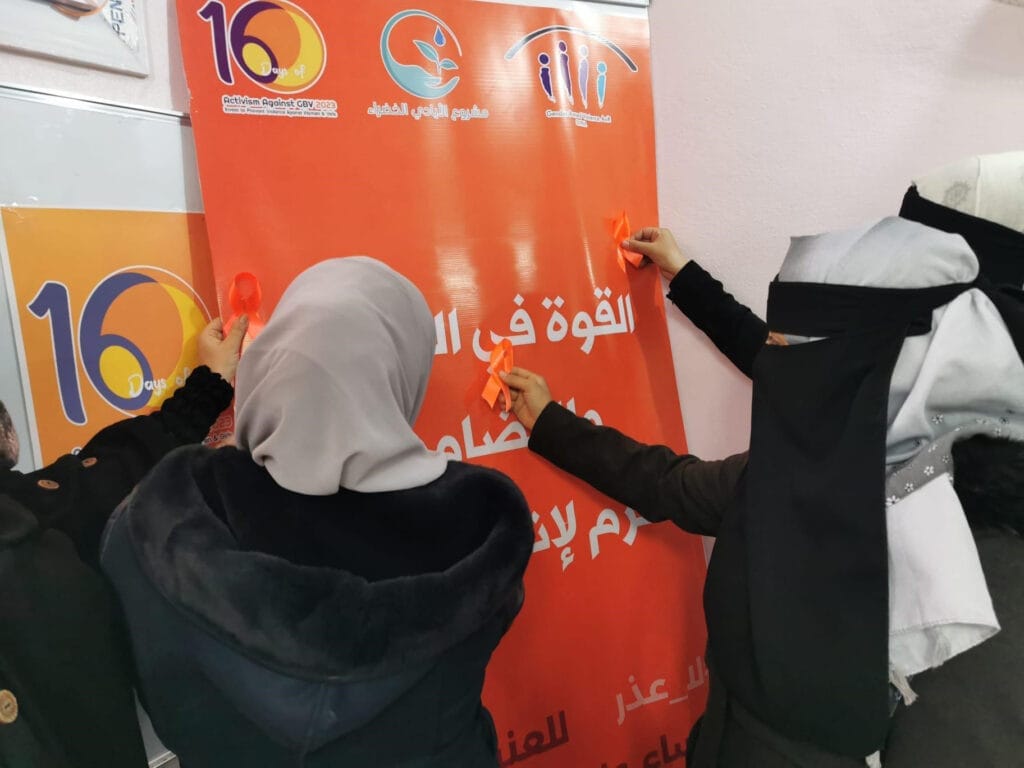Global Communities began providing humanitarian assistance in Syria in 2014, following the start of an armed conflict that has lasted more than a decade and uprooted more than half of the country’s population. There are at least 6.7 million Syrians living as internally displaced persons, with 1.9 million in camps or informal settlements, while another 5 million have sought shelter abroad as refugees.
To help meet the needs of the most vulnerable in this crisis, Global Communities focuses heavily on food security, shelter, livelihoods, protection, and water, sanitation and hygiene (WASH) activities. Global Communities’ approach goes beyond handing out goods. We engage with communities and Syrian organizations in the region
to help Syrians fleeing their homes cope with the enormous demographic shifts that have taken place, adapt to their new lives and livelihoods, and build resilience.
This includes providing emergency shelter kits and lifesaving food assistance, supporting local economic recovery through livelihoods support and value chain development, rehabilitating homes in host communities and repairing critical water supply systems. We also facilitate access to essential health information, including COVID-19 prevention measures, and establish safe spaces where women and young people can engage in recreational and informal education activities and receive psychosocial support and other protection services.
Supporting Agricultural Livelihoods in Syria
Agriculture once accounted for 80 percent of employment in Syria, but the conflict has devastated the country’s agricultural economy. Global Communities, with funding from the U.S. Agency for International Development (USAID), is implementing the Supporting Livelihoods in Syria (SLS) program in northern Syria. From March 2019 to March 2022, Global Communities is supporting urgently needed food security and agriculture-based livelihoods recovery, while encouraging the regeneration of stable market systems. SLS’s system-based approach builds resilience by engaging market actors in communities whose main livelihoods prior to the crisis depended on the production of staple crops and livestock rearing.
Empowering Women and Girls
With private funding, Global Communities is expanding the reach of existing programming in northern Syria to promote the protection, empowerment and psychological well-being of approximately 1,450 women and adolescent girls ages 10 and up. This 15-month intervention (October 2020-January 2022) provides women and girls with critical gender-based violence prevention activities, including awareness raising, psychosocial support, life skills training and informal education, recreational activities, community dialogue sessions on gender equality and gender-based violence, Women’s Committees and adolescent girls peer support groups.
Increasing Water, Food and Shelter Security across Syria
With funding from USAID’s Bureau of Humanitarian Assistance (USAID/BHA), Global Communities’ Assistance to Lives Across Syria (ATLAS) program will benefit a total of 359,000 conflict-affected Syrians in north Syria. Over the course of a year (July 2021-July 2022), ATLAS aims to increase food security for 119,000 individuals through food and agricultural assistance as well as market strengthening. In addition, the program will improve living conditions for 240,000 individuals through critical protection, WASH and shelter interventions, and through integrated humanitarian coordination and information management support for 50 local Syrian and international organizations.
50,000
emergency shelter NFI kits provided to conflict-affected households, improving living conditions for more than 300,000 Syrians
1,000
chlorinated water trucks that delivered 25 liters of water per person a day for 200,000 Syrian refugees at Atmeh camp
$5.5 million
distributed as electronic vouchers for 40,000 families in Atmeh camp to support them in purchasing hygiene items
229,000
food baskets distributed per family every month to save food security for more than 160,000 Syrians
Recent Programs
Sowing the Seeds of Food Security
Displaced people rely on food assistance to survive as the conflict persists, local economies deteriorate, the cost of food skyrockets and agricultural production remains low. According to the 2020 Humanitarian Needs Overview, more than 9 million people are food insecure across Syria, and 3.7 million of them live in northwest Syria. In response, Global Communities, with funding from USAID/BHA, implemented the Investing in Nutrition in Syria, Promoting Infrastructure and Resources in the Economy (INSPIRE) program. From June 2019-September 2021, INSPIRE delivered an integrated package of assistance to meet emergency food needs of the most vulnerable and support household and community food security in north Syria. The program supported a total of 508,021 Syrians by distributing monthly food baskets, ready-to-eat rations, bread, and kitchen garden kits, and by assisting with mill and bakery rehabilitation. Additionally, fodder kit distribution and mobile fodder mills aided struggling displaced livestock breeders.
Addressing Urgent Multi-Sector Humanitarian Needs across North Syria
Global Communities’ USAID/BHA-funded Response Operations for the Syria Emergency III (ROSE III) program saved lives and alleviated the human suffering of 240,000 conflict-affected Syrians in north Syria. Activities implemented from August 2020-November 2021 included increased protection of vulnerable crisis-affected populations (women, children, the disabled and the elderly) through integrated protection services; improved living conditions for camp residents through provision of winterization support, transitional shelter and disaster risk reduction measures; and improved water supply, solid waste management, sanitation system supply and hygiene promotion for camp residents.
Our Work in Syria
Disaster Risk Reduction & Response
Mitigating Future Risks to Reduce Vulnerability
Early Recovery & Market Systems
Advancing Market-Based Recovery
Food Security & Agricultural Livelihoods
Promoting Post-Emergency Food Production
Shelter & Settlements
Temporary Homes for Dignity, Safety and Privacy
Gender Equality & Social Inclusion
Lifting Marginalized Voices and Investing in Women as Leaders and Men as Allies
Health
Combating Disease, Improving Nutrition, and Ensuring Healthy Mothers, Children and Adolescents
Economic Opportunity
Advancing Job Training and Market Linkages for Sustainable Livelihoods
Resilience
Enhancing Food Security, Sustainable Agriculture and Water Management in Climate-Affected Communities
Protection
Preventing, Mitigating and Responding to Exploitation and Harm
Building Resilience
Innovations to Lay the Foundation for Long-Term Recovery
Sustainable Development
Standing with Communities as They Shape Their Own Future
Food Security & Nutrition
Delivering Food Aid and Promoting Sustainable Livelihoods
Resources
Briefs & Case Studies
Addressing Sanitation Market Challenges
Through the Enhancing Water, Sanitation, and Hygiene (En-WASH) program, USAID Ghana is helping to increase access to sustainable and affordable sanitation in six regions of northern Ghana by identifying solutions to motivate the private sector to work towards closing the service delivery gap.
Research & Publications
Using Behavioral Change Communications Intervention to Create Demand and Enhance PrEP Uptake in South Sudan
This poster, presented in 2024 at the 25th International AIDS Conference by IntraHealth International – Global Communities’ subsidiary – presents the results of a behavioral change communication strategy aimed at increasing the uptake of pre-exposure prophylaxis (PrEP) in South Sudan. Main finding. PrEP uptake in South Sudan increased three-folds in one year, from zero in…
Research & Publications
Testing Outcomes of HIV-Exposed Infants (HEI) in Botswana
This poster, presented in 2024 at the 25th International AIDS Conference by Global Communities, showcases the results of a study on early infant diagnosis in Botswana. Main finding. Testing rates for HEI are high in Botswana and the uptake of testing is growing; however, mothers do not fully comprehend the HEI testing protocols. Key takeaway.…
NEWS
Latest stories from the blog

Humanity at Risk: Addressing Challenges to Principled Humanitarian Action
By Paula Rudnicka, Sr. Manager for Public Affairs. Audio production by Kallista Zormelo. For decades, the humanitarian principles of humanity, neutrality, impartiality and independence have …
Read More
Protecting Children in Emergencies: Perspectives from Syria and Ukraine
By Emily Galloway, Tarek Fakhereddin, Nataliia Biloshytska and Tania Dudnyk Global Communities has a rich history of providing emergency aid and protection services to refugees …
Read More
Adapting and Innovating in a Volatile World: Reflections from the 2024 Fragility Forum
By Paula Rudnicka, Sr. Manager for Public Affairs Last month, the World Bank held its 2024 Fragility Forum – a biannual conference that brings together …
Read More

